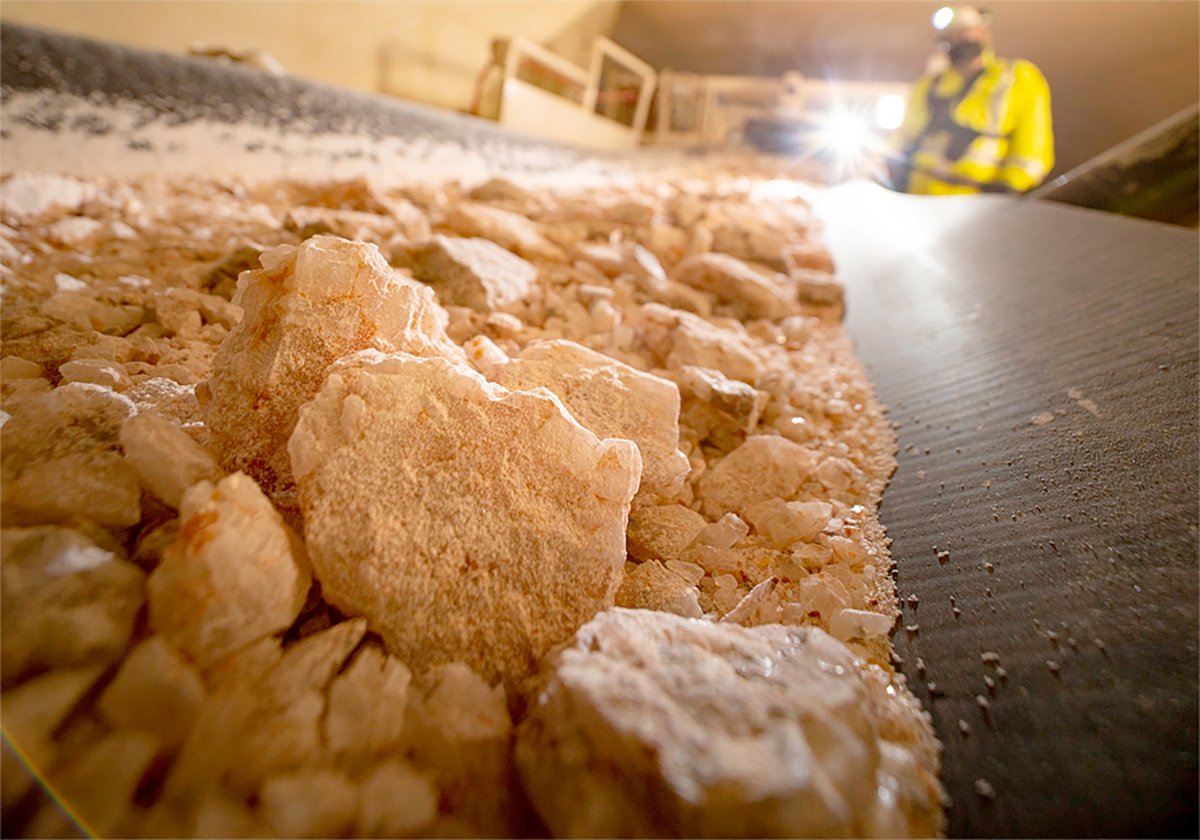Two weeks after a group tried to block a shipment of cattle owned by an R-CALF member from being slaughtered at Cargill’s High River packing plant, Cargill announced it will no longer slaughter cattle owned by the American trade protectionist group.
“We do have a general policy in place that we will not knowingly do business with R-CALF cattle,” said Robert Meijer, Cargill’s director of public affairs.
On July 16, feedlot operator Rick Paskal led a group of livestock producers to Nanton, Alta., in an attempt to block three truckloads of cattle from leaving Chinook Feeders on their way to the Cargill plant.
Read Also

Saskatchewan looks to expand trade in Indonesia
Saskatchewan intends to increase its agricultural partnership with Indonesia.
Before the producers could block the trucks, Cargill called off the slaughter of cattle owned by members of the Ranchers-Cattlemen’s Action Legal Fund United Stockgrowers of America.
The group’s goal is to keep the American border closed to live Canadian cattle.
The cattle were slaughtered the next day at the Cargill plant to loud protests from Canadian feedlot operators trying to compete for scarce space at Canadian packing plants. With no live cattle crossing the border, slaughter space is at a premium.
Meijer said since the attempted blockade, Cargill’s Canadian policy is that it will not knowingly slaughter cattle owned by members of R-CALF.
“We fully understand the frustration in the industry when it comes to this issue. We’re dealing with a group in the U.S. that continues to call for the border to remain closed. We just simply cannot support that,” said Meijer.
But he added that it’s also up to cattle producers and feedlot operators to refuse feed cattle owned by R-CALF members. It’s estimated there are more than 80,000 head of American-owned cattle in Canadian feedlots.
Last winter, some R-CALF members gambled that the Canadian border would open to live cattle so they bought inexpensive Canadian cattle hoping to make huge profits.
“Everybody does have to share the responsibility and shoulder some of that. Ultimately, if we know they are R-CALF cattle, that they do not enter our facility,” he said.
Rick Paskal of Butte Grain Merchants said the industry appreciates Cargill’s stand.
“I really respect their leadership and their management here in coming out with statement,” said Paskal, who also agreed feedlot owners, order buyers and dealers have to ask questions about the cattle they take.
“I suggest that to all my feedlot buddies out there. They so often just open the gates to whoever. I think it’s incumbent upon these people to know whose cattle these are, where they’re coming from.
“There’s no order buyer, or no dealer or no feedlot that can tell anyone else that they don’t understand the significance of this R-CALF action. Some of these dealers knew exactly what was going on. They’re offered exorbitant commissions to broker or front these deals.”
Tyson Foods, parent company of Lakeside Packers in Brooks, Alta., announced Aug. 6 it too would not slaughter R-CALF cattle.
“We have no intention of buying R-CALF owned cattle for processing at Lakeside, especially because at this time our existing customer base can already supply more cattle than we can currently process,” said Archie Schaffer, a senior vice-president for Tyson in Springdale, Arkansas.
Darcy Davis, vice-chair of Alberta Beef Producers, said he doesn’t want to see members of R-CALF making money at the expense of Canadian producers, but neither does he want an animal welfare issue to develop because the cattle aren’t slaughtered.
“These cattle will have to be dealt with eventually,” said Davis.














